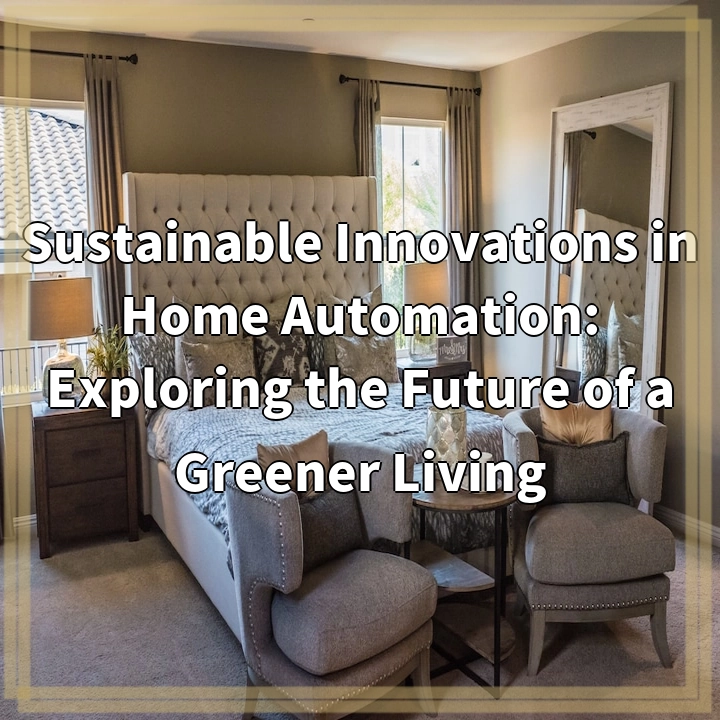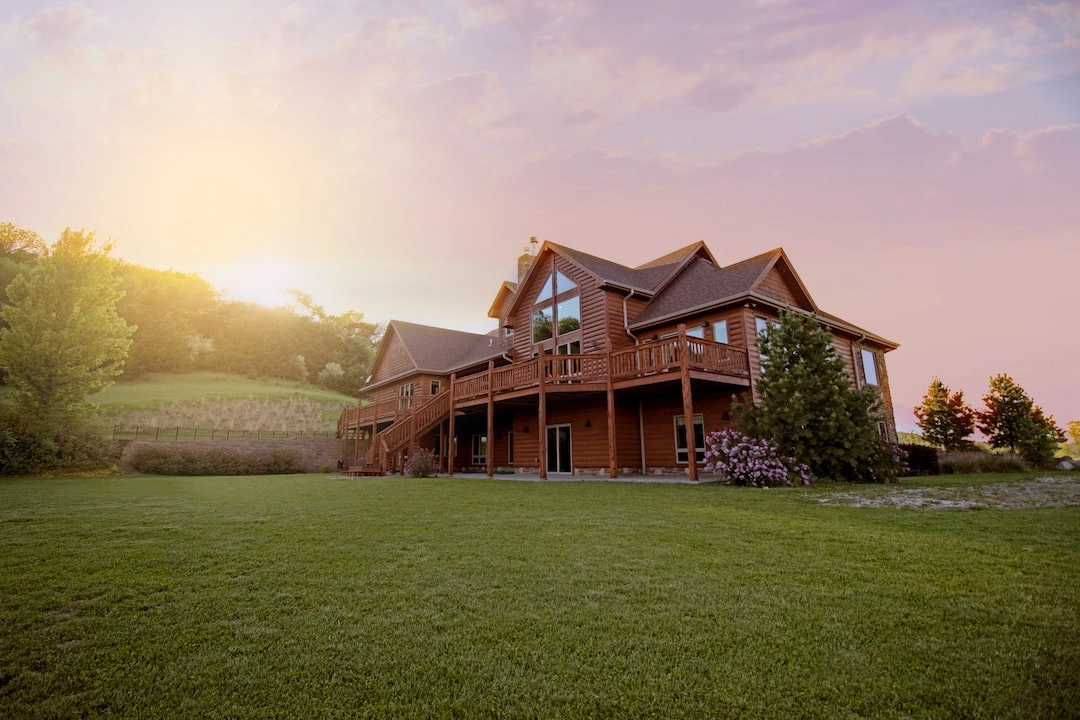
What is Sustainable Innovations in Home Automation?
Sustainable innovations in home automation are technological advancements that aim to make our homes more energy-efficient, convenient, and environmentally friendly. Home automation systems use smart devices and sensors to automate various aspects of our homes, such as lighting, temperature control, security, and energy management. These systems can be controlled remotely through smartphones or by voice commands, offering a high level of convenience and customization for homeowners.
Real-World Problems Associated with Sustainable Innovations in Home Automation
While sustainable innovations in home automation bring numerous benefits, there are also real-world challenges that need to be considered. These challenges include:
1. High Initial Costs
Implementing home automation systems often requires upfront investment in smart devices, sensors, and connectivity infrastructure. The initial costs can be a deterrent for some homeowners, particularly those on a tight budget. However, it is important to understand that the long-term energy savings and convenience can outweigh the initial expenses.
2. Compatibility and Integration
Another challenge is ensuring compatibility and integration among different devices and platforms. With a wide array of smart devices available in the market, homeowners need to ensure that the devices they purchase can seamlessly integrate with their existing systems. Compatibility issues can lead to difficulties in setting up and controlling the home automation system efficiently.
3. Privacy and Security Concerns
As home automation systems rely on internet connectivity and data collection, there are legitimate concerns about privacy and security. Homeowners need to ensure that their systems are properly secured to prevent unauthorized access, data breaches, or misuse of personal information. It is essential to choose reputable manufacturers and regularly update firmware to address potential vulnerabilities.
4. Technological Limitations
Despite the advancements in home automation technology, there are still limitations that need to be addressed. For example, current systems may not be able to fully optimize energy consumption or adapt to changing occupancy patterns. Innovations are needed to overcome these limitations and make home automation systems even more efficient and effective.

Solutions for Sustainable Innovations in Home Automation
To address the challenges associated with sustainable innovations in home automation, several solutions can be implemented:
1. Government Incentives and Subsidies
Governments can provide incentives and subsidies to encourage homeowners to adopt sustainable home automation systems. Financial assistance and tax incentives can help reduce the initial costs and make these technologies more accessible to a broader range of homeowners.
2. Standardization and Certification
Standardization of protocols and certifications can ensure compatibility and integration among different devices and platforms. Industry-wide standards and certifications can help homeowners choose reliable and interoperable products, minimizing compatibility issues.
3. Enhanced Privacy and Security Measures
Manufacturers should prioritize privacy and security measures in their home automation systems. This includes robust encryption, secure authentication processes, and regular firmware updates to address potential vulnerabilities. Educating homeowners about best practices for privacy and security is also essential.
4. Research and Development
Investment in research and development is crucial to overcome technological limitations in sustainable home automation. Continued innovation can lead to more energy-efficient systems that can adapt to changing occupancy patterns, optimize energy consumption, and further reduce the environmental impact of homes.
5. Consumer Education and Awareness
Educating consumers about the benefits of sustainable home automation and how it contributes to a greener living is essential. Increased awareness can help homeowners understand the long-term cost savings, convenience, and environmental advantages associated with these technologies.















